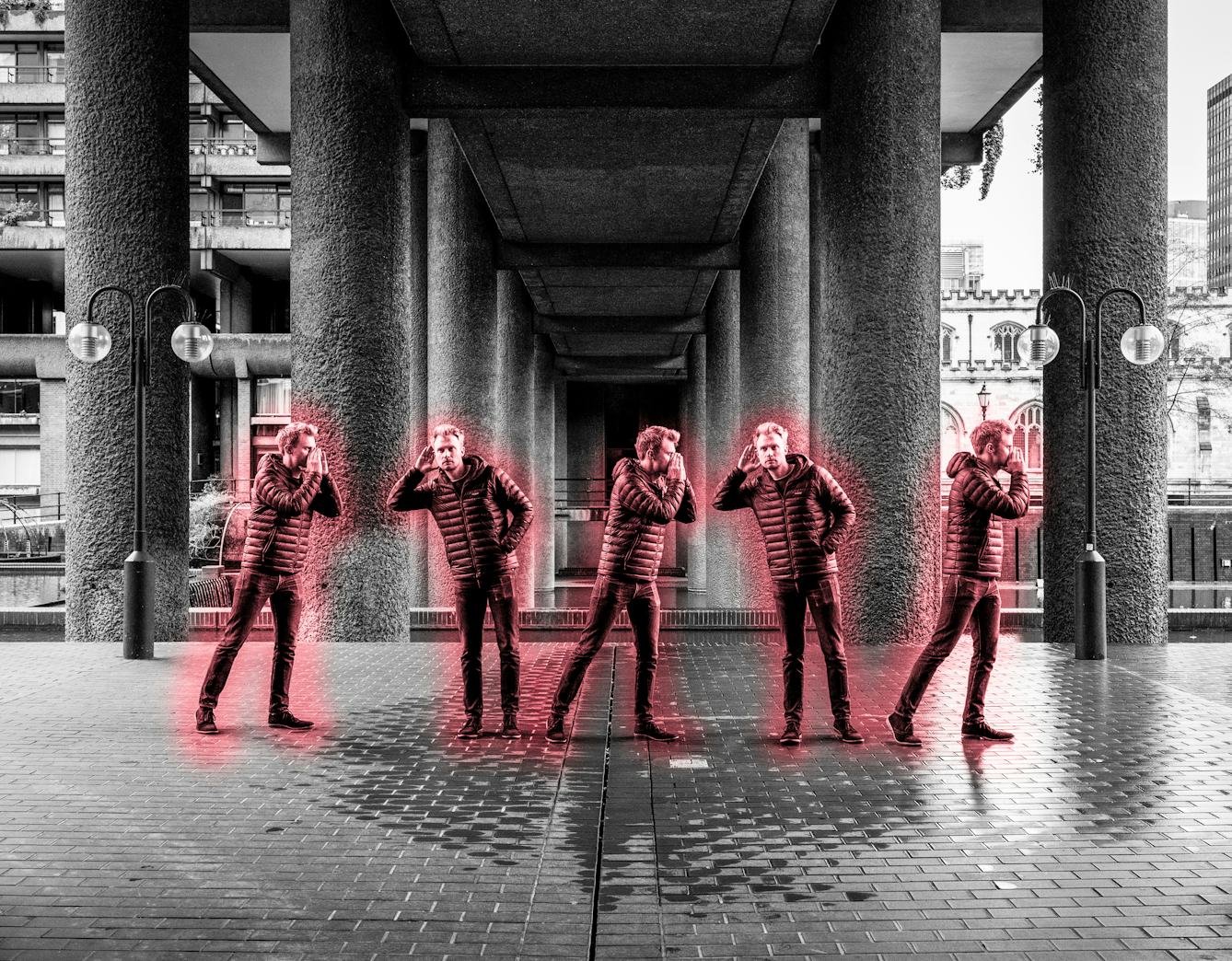
- Book extract
- Book extract
The science of why things spread
From deadly pandemics to viral tweets, Adam Kucharski explores what makes something contagious.

- Article
- Article
WhatsApp aunties and the spread of fake news
The advantages of WhatApp chat groups – especially as a cost-free way of keeping in touch with family around the world – make them fertile ground for the spread of bogus medical advice. Writer Rianna Walcott explores how to encourage ‘aunties’ in the community to question the truth of unattributed health hoaxes.
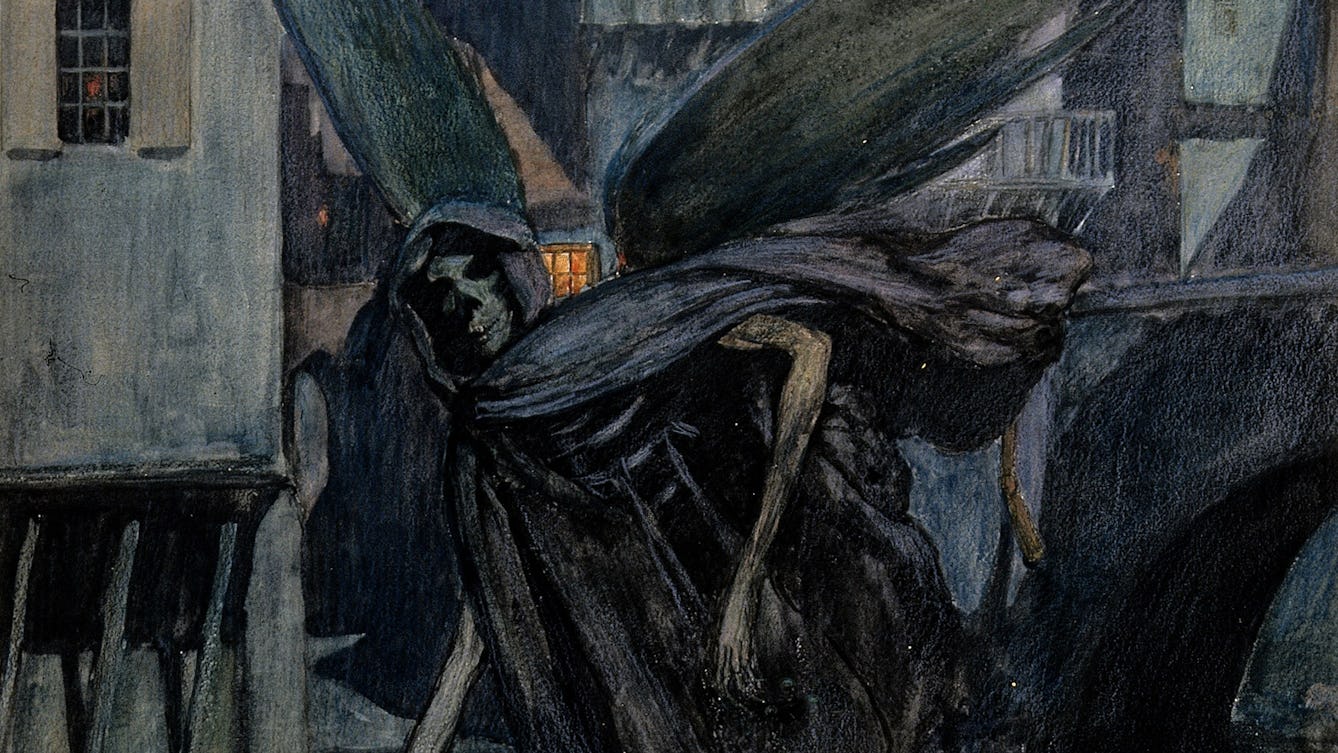
- Article
- Article
The cook who became a pariah
New York, 1907. Mary Mallon spreads infection, unaware that her name will one day become synonymous with typhoid.
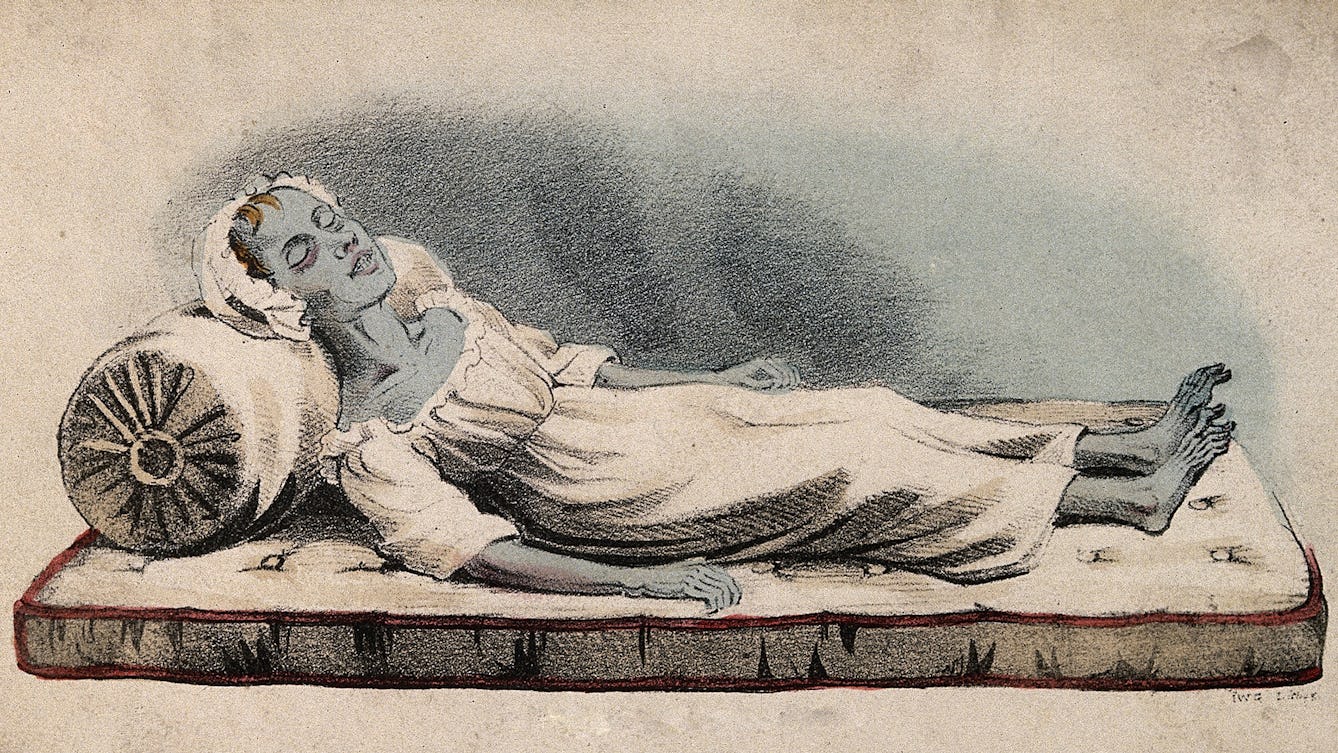
- Article
- Article
The colonist who faced the blue terror
India, 1857. In a British enclave, Katherine Bartrum watches her friend, and then her family, succumb to the deadly cholera.
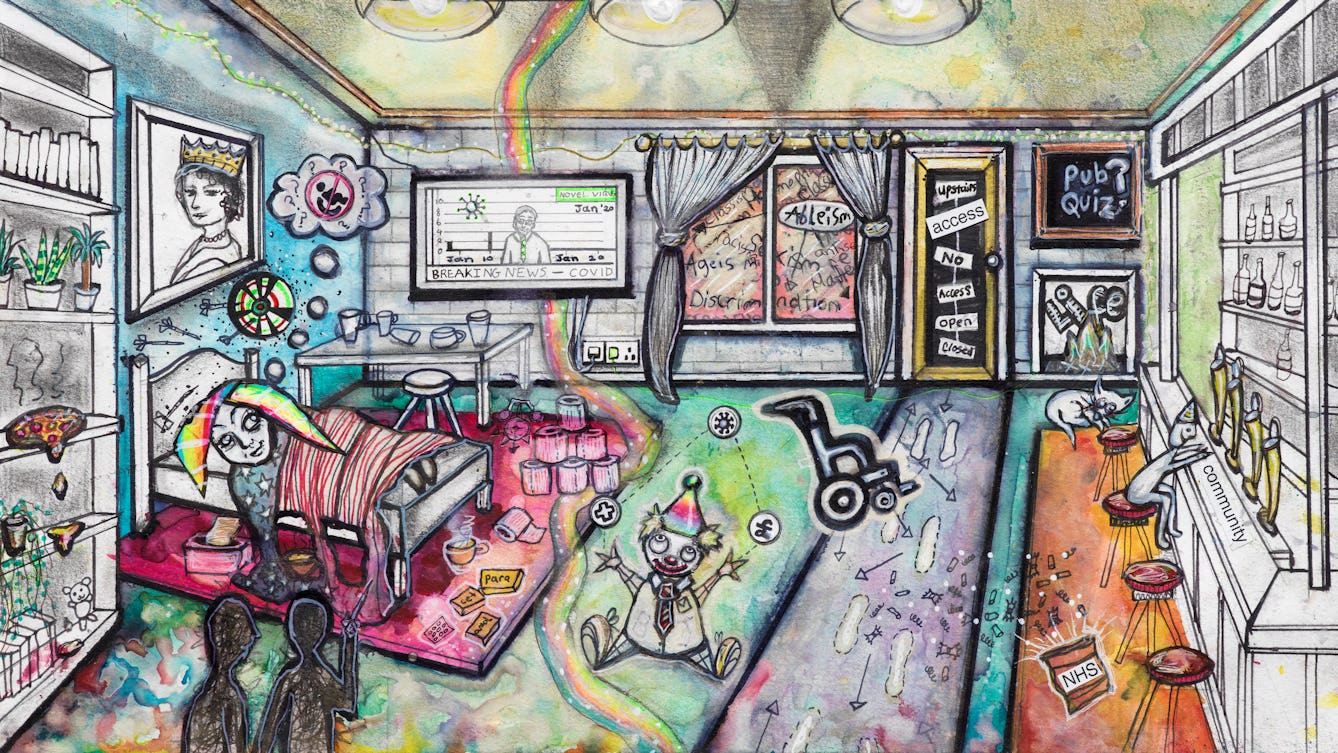
- Article
- Article
Our Covid complicity
Athena Stevens thought she had a cold that she tried to ignore, but it turned out to be Covid-19. Here she reflects on how we have all put ourselves and others at risk with the choices we’ve made during this pandemic.

- Article
- Article
Fake news and the flu
Discover how history shows that fake news could play a deadly role – by generating potentially lethal misinformation during a future pandemic.

- Article
- Article
The stranger who started an epidemic
New Orleans, 1853. James McGuigan arrives in the port city and succumbs to yellow fever.

- In pictures
- In pictures
How Mills & Boon made medicine romantic
‘Doctor-nurse’ romances are a hugely popular trope. Agnes Arnold-Forster explores their history and surprisingly nuanced depictions of womanhood, hospitals and the welfare state.
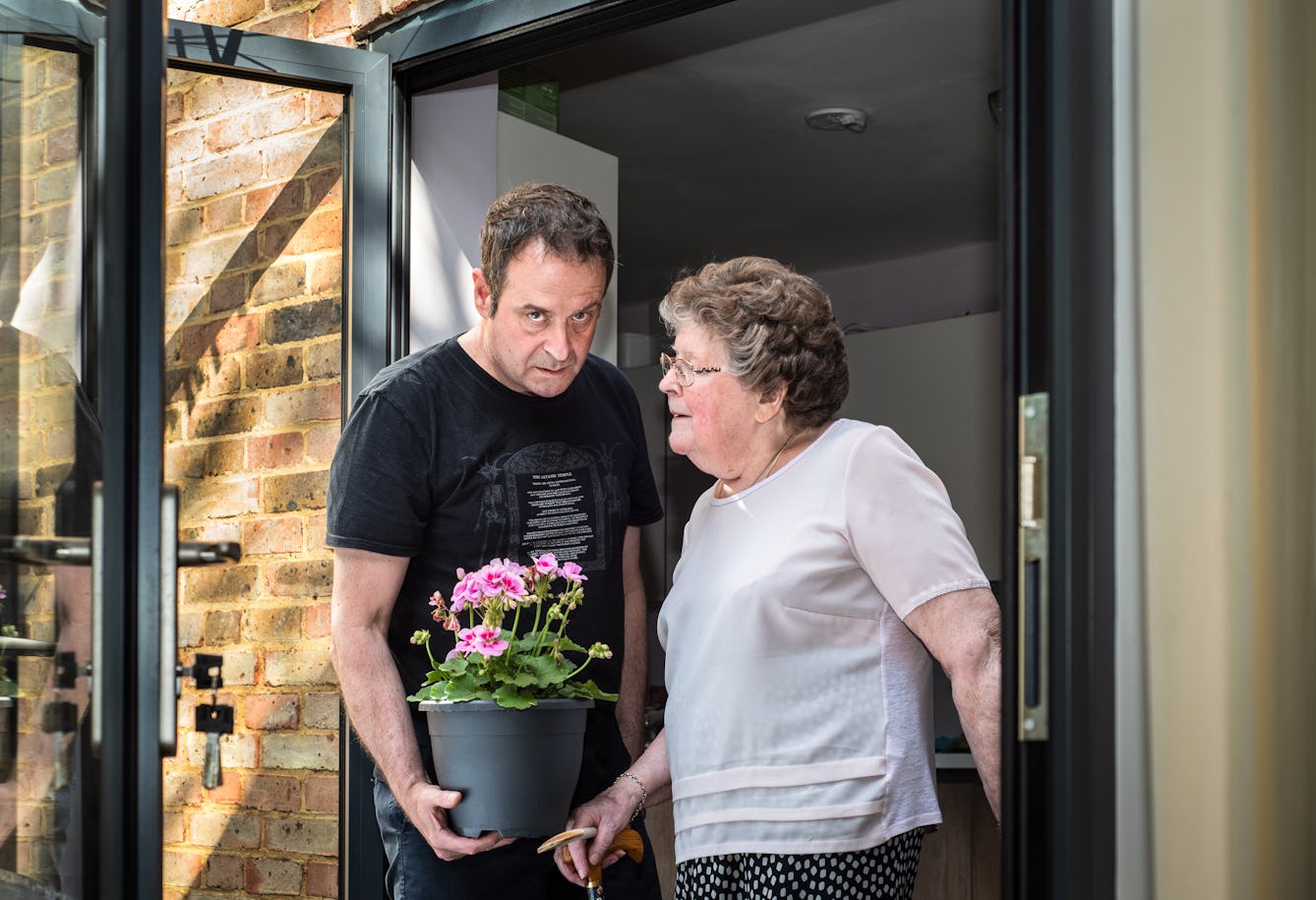
- Podcast
- Podcast
Splendid isolation
In episode four of his lockdown podcast, comedian Mark Thomas considers the impact isolation is having on him and his mum, and on the health workers he chats to every night.

- Photo story
- Photo story
Wool, fleas, plague
During the bubonic plague epidemic of 1665-6, the residents of Eyam in Derbyshire quarantined themselves to help prevent the disease spreading. Simon Norfolk tells the story of this small community’s sacrifice.

- In pictures
- In pictures
Superstition, contagion and medical rumour
The great generator of confusion, rumours have not spared human health from their chaos. Find out how whispers, gossip and rumours have caused medical mishaps through the ages.

- Article
- Article
Between sickness and health
In early 2020, the subject Will Rees was studying – imaginary illnesses – took on a new relevance as everyone anxiously scanned themselves for Covid symptoms each day. But this kind of self-scrutiny is nothing new, as he reveals.
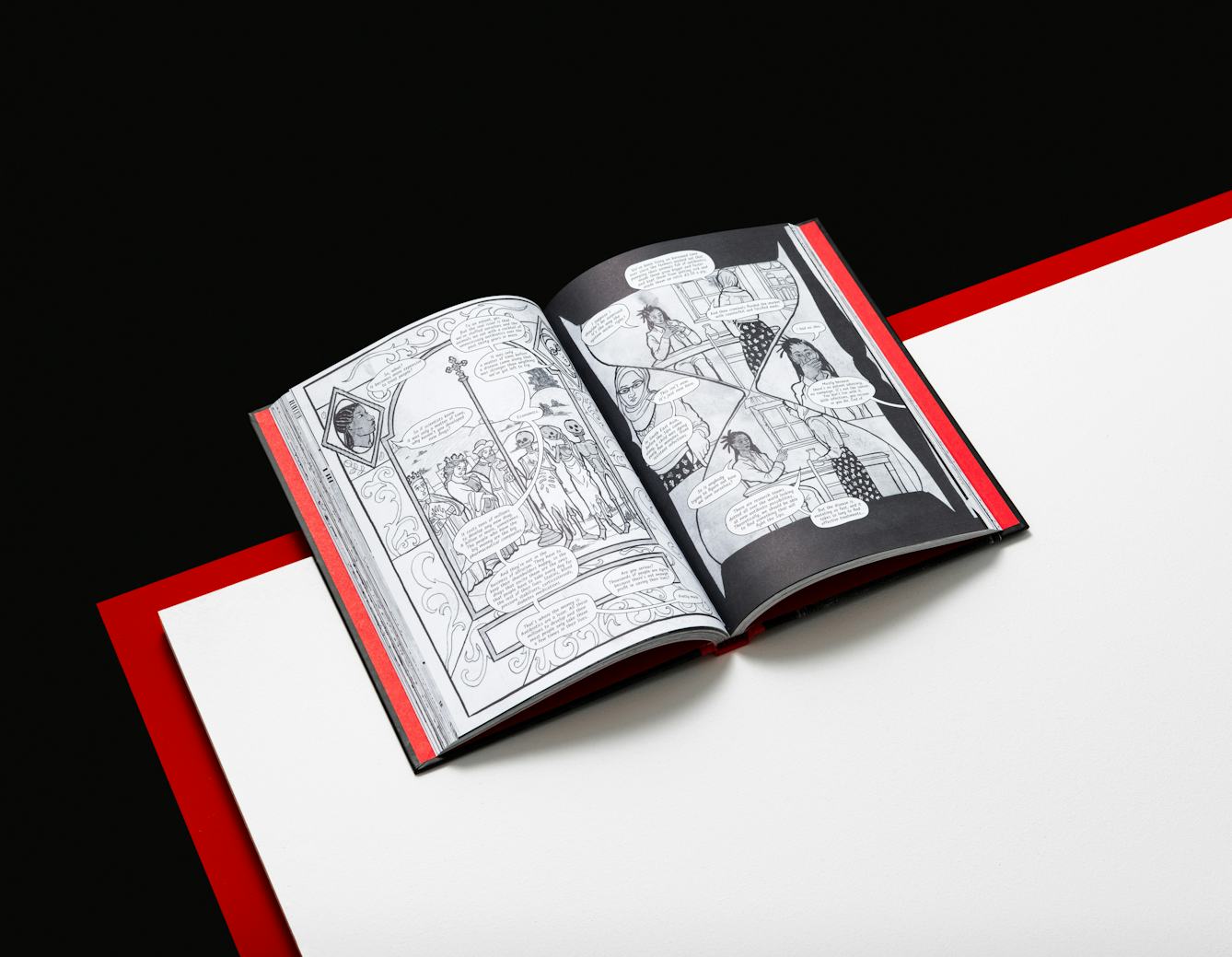
- Book extract
- Book extract
Chasing down a mystery illness
In an extract from their graphic novel about a deadly, drug-resistant illness, Val McDermid and Kathryn Briggs explore why knowledge isn’t always the same as power.

- In pictures
- In pictures
How we visualise viruses
Discover how images of the antigens that make us sick have evolved over time and been tailored to meet the demands of different epidemics.

- In pictures
- In pictures
Deadly stinks and life-saving aromas in plague-stricken London
In the plague-ravaged London of 1665, could perfume really save your life?

- Article
- Article
Why pandemic denial is nothing new
Could today’s Covid-deniers be taking lessons from history? After all, it’s nearly 200 years since frustrations at a cholera-induced lockdown erupted in Sunderland.

- Article
- Article
Epidemic threats and racist legacies
Epidemiology is the systematic, data-driven study of health and disease in populations. But as historian Jacob Steere-Williams suggests, this most scientific of fields emerged in the 19th century imbued with a doctrine of Western imperialism – a legacy that continues to influence how we talk about disease.
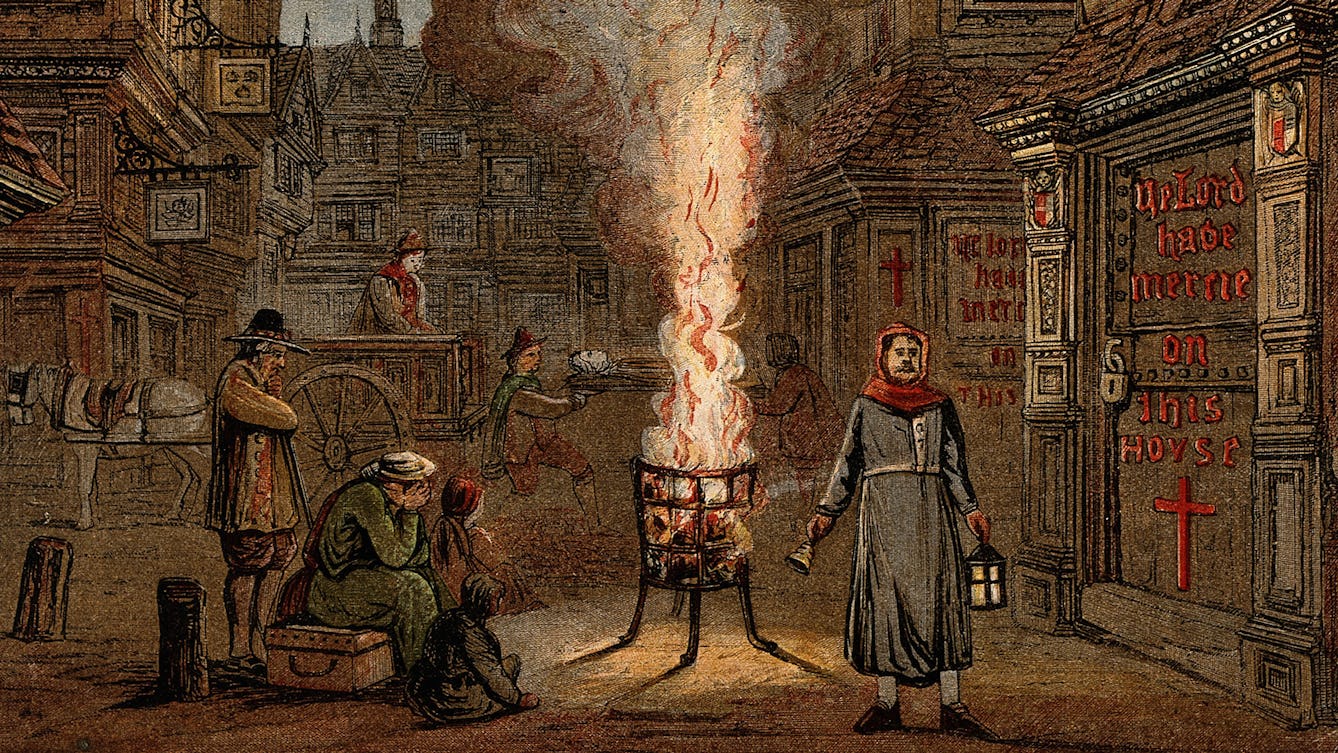
- Article
- Article
The tradesman who confronted the pestilence
The City of London, 1665. As the Great Plague hits the capital, John New faces a deadly dilemma.

- Article
- Article
Dirt, disease and the Inspector of Nuisances
In the days when ‘bad air’ was thought to spread disease, dozens of Inspectors of Nuisances ceaselessly struggled against the perils of dirt – both visible and invisible.

- Article
- Article
Illness and the influence of the stars
Could alien germs from space have caused major pandemics across the world? Taras Young investigates the ideas of a few unconventional scientists who believe this to be the case.

- Article
- Article
The child whose town rejected vaccines
Gloucester, 1896. Ethel Cromwell is taken ill at the height of Britain’s last great smallpox epidemic.
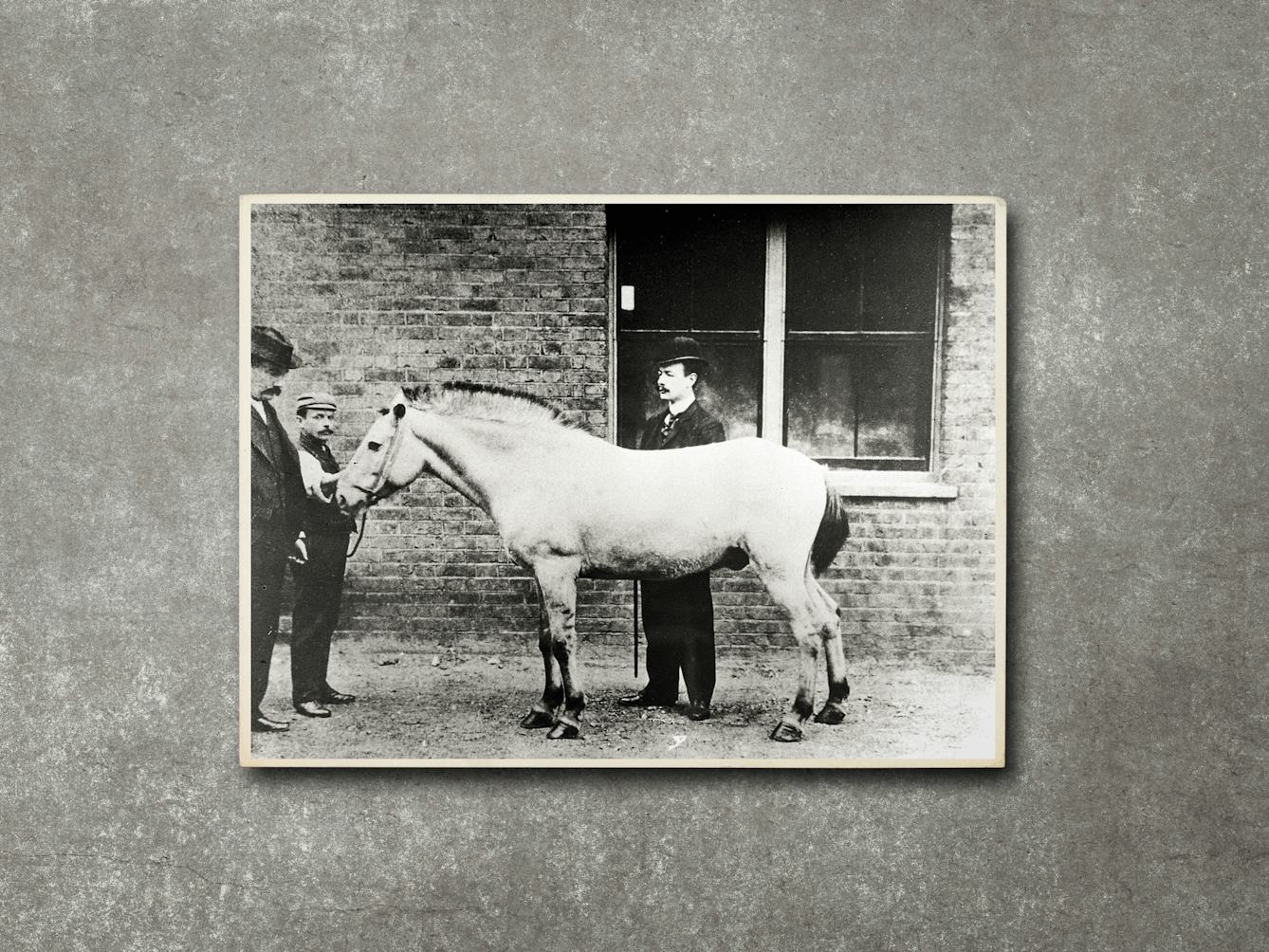
- Article
- Article
Jim, the horse of death
Horses’ blood was used to produce an antitoxin that saved thousands of children from dying from diphtheria, but contamination was a deadly problem. Find out how a horse called Jim was the catalyst for the beginnings of medical regulation.

- Article
- Article
Surviving a flesh-eating disease
Nearly dying from a skin infection gave Scott Neill a chance to start again after an early life marked by grief and depression.
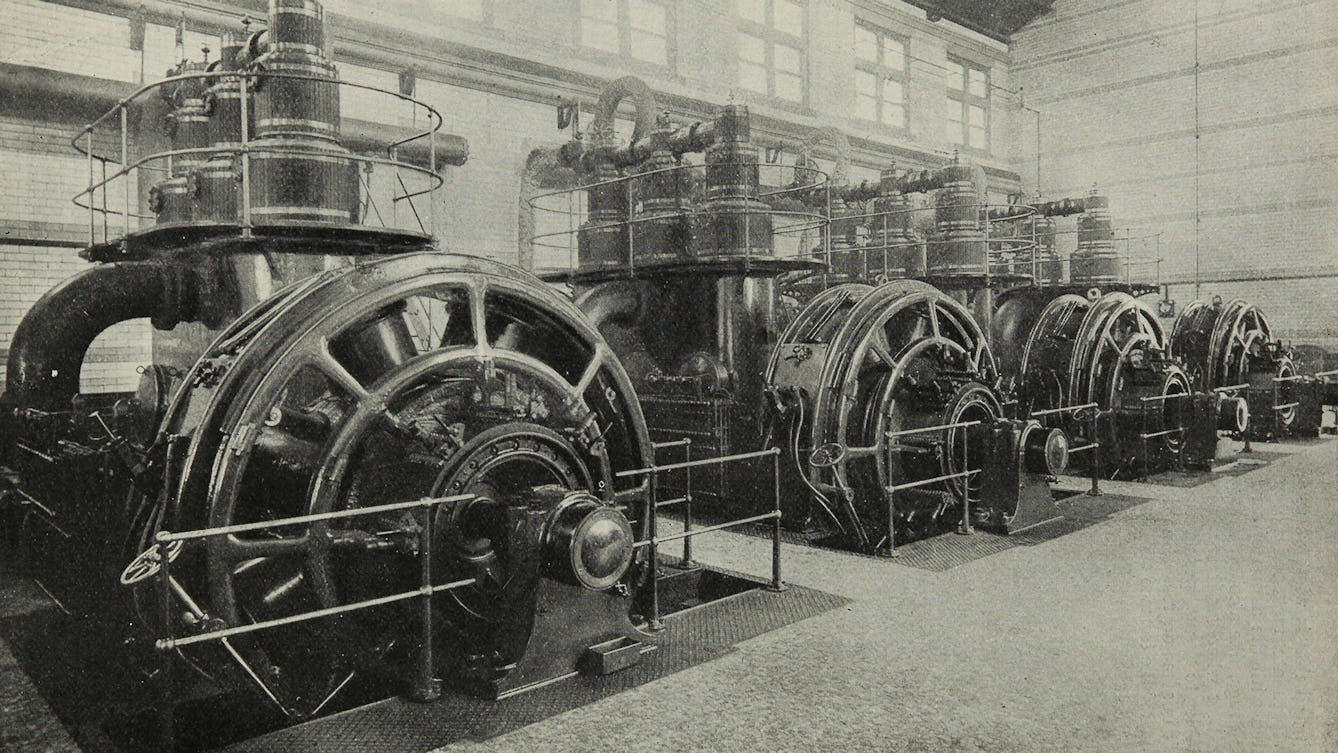
- Article
- Article
Titans in the landscape

- Article
- Article
Losing touch
In these pandemic times, when touch has become taboo, Agnese Reginaldo explores the importance of physical contact to our wellbeing.